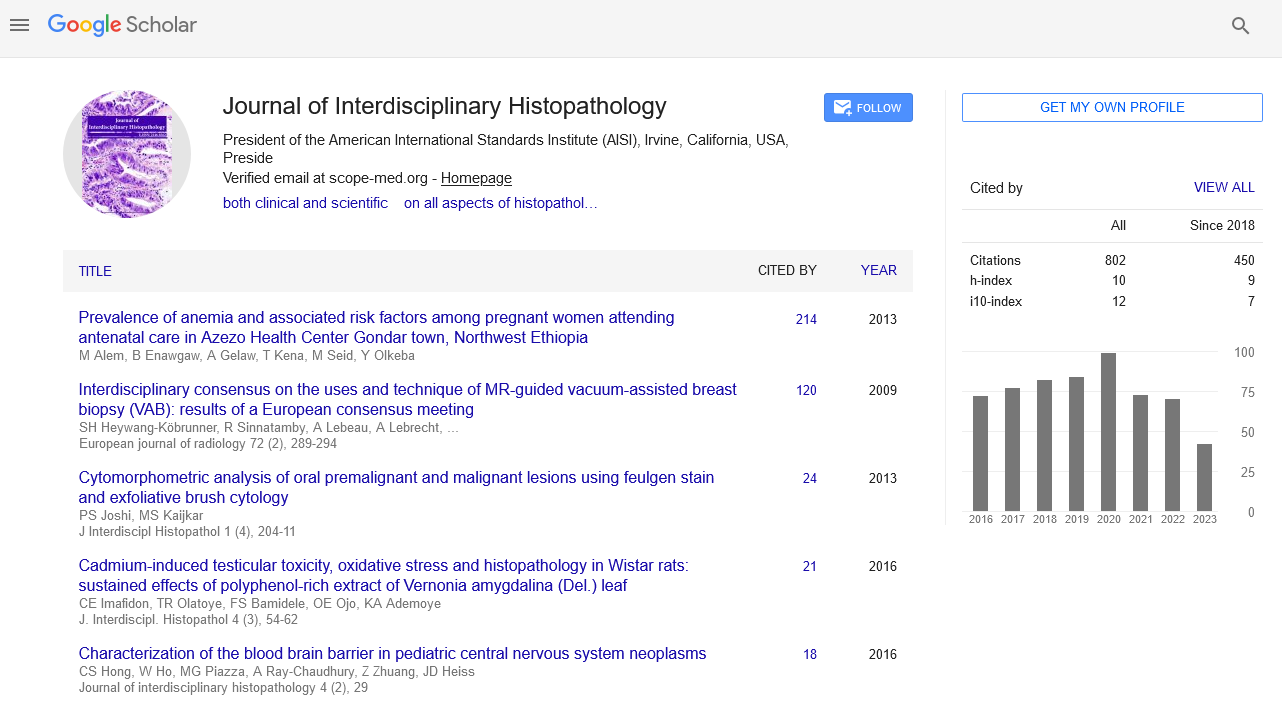The Protective Effect of Curcumin versus Sodium Nitroprusside on Intestinal Ischemia/Reperfusion Injury
Abstract
Dalia M. Saleh, Rania N. Sherif
Objective: Intestinal ischemia/reperfusion (I/R) injury is a significant complication in abdominal vascular surgery. Various treatment modalities have been applied, however, the role of nitric oxide (NO) in this type of injury is still controversial. Aim of the work: To compare the protective effect of curcumin vs sodium nitroprusside (SNP, NO donor) on intestine and remote organs following intestinal I/R injury. Methods: Rats were divided into 4 groups (sham-control, I/R, curcumin+I/R, SNP+I/R). I/R was induced by 30 min clamping of the superior mesenteric artery (SMA) then 60 min reperfusion. Rats were pretreated with either curcumin (80 mg/kg/day) with food for one week or SNP (5 mg/kg, i.p) prior to I/R. Intestinal levels of malondialdehyde (MDA), Nitrite/nitrate, superoxide dismutase (SOD) and reduced glutathione (GSH) were measured. The sections from jejunum, lungs and liver were stained with hematoxylin and eosin (H&E) for histopathological examination. Immunohistochemical stains for eNOS expression in the jejunum and cleaved caspase-3 for apoptosis in the lungs and liver were done. Results: I/R resulted in both local and remote organs inflammation associated with significant increase in MDA and nitrate/nitrite and significant decrease in SOD and GSH levels. These histological and biochemical changes were improved by pretreatment with curcumin and to less extent by SNP. Immunohistochemical examination showed significant decrease in eNOS activity in the I/R group which was improved by curcumin pretreatment not by SNP. Liver apoptosis was improved by curcumin while lung apoptosis was improved by SNP. Conclusion: Curcumin ameliorates I/R-induced local and remote organs damage through its anti-inflammatory and antiapoptotic effect. SNP may be beneficial in I/R injury but not as significant as curcumin.






